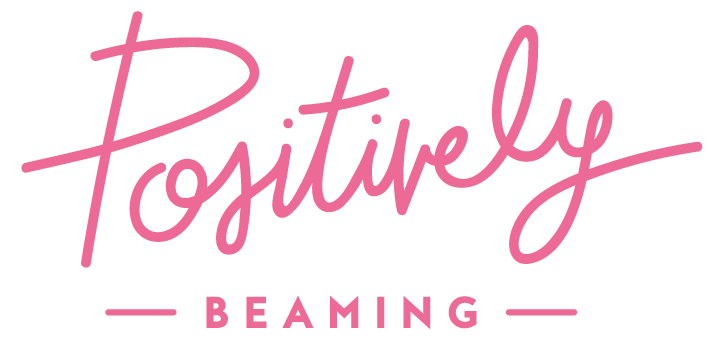The Advice Trap and Staying Curious

Our advice is not nearly as good as we think it is. Take a moment and reflect on that statement. These words come from the fabulous book, The Advice Trap by Michael Bungay Stanier and in his opnion, that is the trouble with giving advice and offering solutions to other people’s problems.
But we all do it, we hear half a problem and in no time we are jumping in with advice. Good, well meaning advice no doubt, but advice unlikely to have the impact we think that it should. Instead, he suggests that we stay curious for one more moment, and that often involves asking a question.
There are times when it’s OK to tell people exactly what to do and how to do it. Like when there is a fire, or the person coming to you with the problem has absolutely ZERO skills or knowledge in that area.
In all other cases – more questions are better than more advice.
Consider this situation.
You are standing outside a shop and an unfamiliar person asks, “How do I get from here to XYZ?”
The advice trap – you answer by saying, “Go along two blocks and cut through the park, walk another couple of blocks towards the city and it’s just on your right as you hit Smith Street.”
Staying curious – you get clearer by asking a few simple questions:
- Are you walking or driving? - Your advice to cut through the park would have been useless to a driver.
- Are you familiar with the area. Your directions would be challenging if the person was a tourist and did not know which way the city was.
What about this work related situation.
A staff member or colleague comes to you with a tail of woe. They have a client/student who is being difficult, refusing to comply with reasonable instructions and they are at their wits end.
The advice trap – you answer by saying, “What you need to do is to set up really clear rules and boundaries, and follow through letting people know they can’t break the rules.”
While there is nothing fundamentally wrong with that advice – we just need to make sure we are solving the right problem.
Staying curious makes sure that we are super clear about the problem that needs solving and the capacity/willingness of the other person to solve it:
- What have you tried?
- What worked, even just a little bit?
- And what else?
- Tell me when/where the problem is happening and when it doesn’t happen?
- How can I best help you?
If the staff member is a graduate or brand new to your team, then you may offer resources and ideas and then check in more regularly. This resource could include pairing them up with a mentor, colleague or expert. If the staff member is more experienced then we have to assume that they have some skills and capacity to create. With the right questions and support, they can find the solutions that best fit them, their context and their needs.
But if you prefer to be an over worked, monkey collecting, perfectionist, micromanager with poor boundaries and no trust in your team - Go ahead, give your solution I am sure its superb.
Final warning – if they DO try your fabulous solution and it doesn’t completely solve the problem then they will blame YOU, taking no learning and no responsibility. Now your job will be to motivate them to try again. How do you reckon that is going to go??
Categories
- Coaching (15)
- Happiness (10)
- Leadership (23)
- Mindset (13)
- Psychological (4)
- Trust (5)
- Choice (3)
- Management (12)
- Women (15)
- Authenticity (7)
- Positivity and Wellbeing (13)
- Career (12)
- Empowerment (6)
- Goals (8)
- Wellbeing (10)
- Interviews (2)
- Conversation (4)
- Confidence (1)
- Time Management (2)
- Habits (2)
- Drama Triangle (1)
- Teamwork (2)
- Productivity (2)

0 comments
Leave a comment
Please log in or register to post a comment